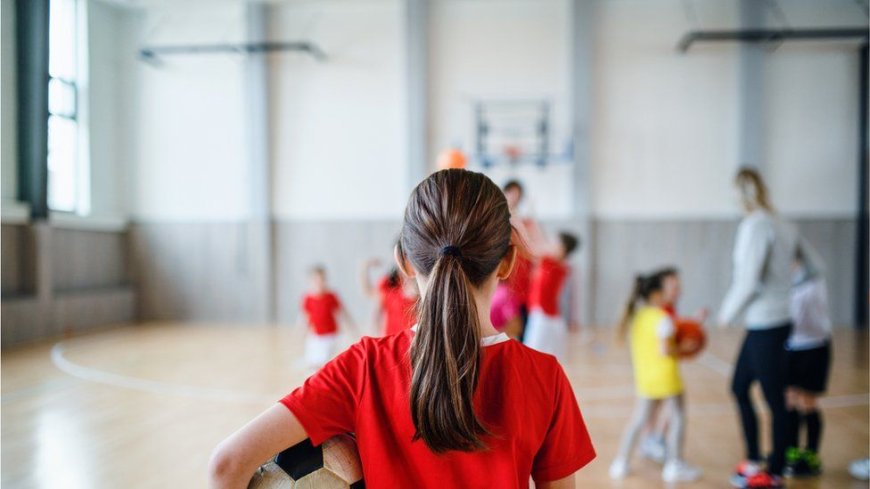What is the importance of health and physical education?
Health and physical education is an essential component of any well-rounded education. It provides individuals with the knowledge,

Health and physical education is an essential component of any well-rounded education. It provides individuals with the knowledge, skills, and attitudes they need to maintain and improve their physical and mental well-being. In this article, we will explore the importance of health and physical education in detail.
- Promotes physical activity
Physical education is essential in promoting physical activity and reducing sedentary behavior in individuals. By teaching students the importance of physical activity and providing them with opportunities to engage in physical activity, they are more likely to lead active and healthy lifestyles. Physical activity has numerous benefits, including reducing the risk of chronic diseases, improving cardiovascular health, and reducing stress and anxiety.
- Teaches lifelong healthy habits
Physical and health education is essential in teaching individuals lifelong healthy habits. By learning about proper nutrition, exercise, and self-care, individuals can develop the knowledge and skills they need to maintain their health and well-being throughout their lives. Students can also learn how to set and achieve health goals, as well as how to maintain healthy relationships and manage stress.
- Reduces the risk of chronic diseases
Chronic diseases, such as heart disease, diabetes, and obesity, are major health concerns worldwide. Physical and health education can help to reduce the risk of these diseases by promoting healthy lifestyle habits, such as regular exercise and healthy eating. By teaching students about the importance of healthy living and providing them with the tools they need to make informed decisions about their health, they are more likely to lead healthy lives and reduce their risk of chronic diseases.
- Improves mental health
Physical and health education can also improve mental health by reducing stress and anxiety and promoting healthy coping mechanisms. Physical activity has been shown to have a positive impact on mental health, as it can increase feelings of well-being, reduce symptoms of depression and anxiety, and improve sleep quality. By promoting physical activity and teaching healthy coping mechanisms, physical and health education can help individuals to better manage their mental health.
- Builds social skills
Physical education can also build social skills by providing opportunities for teamwork and collaboration. Students can learn how to work together to achieve a common goal, as well as how to communicate effectively and resolve conflicts. These skills are essential in both personal and professional settings and can help students to become more successful in all aspects of their lives.
- Fosters a positive attitude towards health
Physical and health education can also foster a positive attitude towards health and well-being. By teaching students about the importance of physical activity, healthy eating, and self-care, they are more likely to develop a positive attitude towards their own health and well-being. This can lead to increased motivation to make healthy choices and engage in healthy behaviors.
In conclusion, physical and health education is a vital component of any well-rounded education. It provides individuals with the knowledge, skills, and attitudes they need to maintain and improve their physical and mental well-being. By promoting physical activity, teaching lifelong healthy habits, reducing the risk of chronic diseases, improving mental health, building social skills, and fostering a positive attitude towards health, physical and health education can help individuals to lead healthier, happier, and more successful lives.
